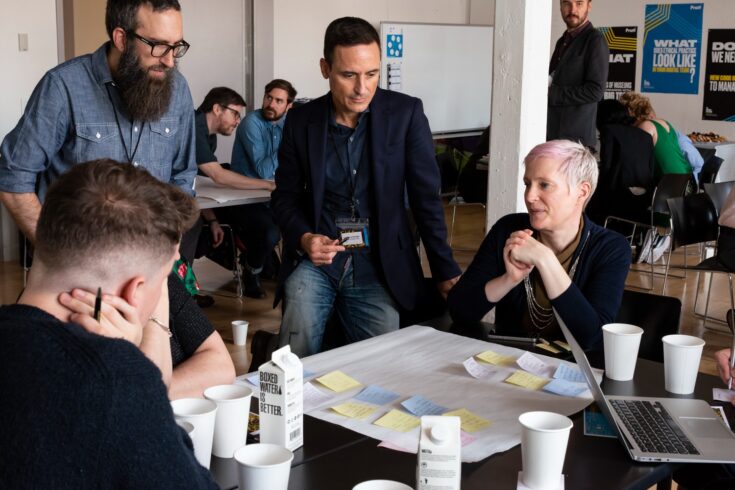The framework has been created by a research network funded by the Arts and Humanities Research Council (AHRC).
The network has published a planning toolkit that allows museums to critically reflect on the capabilities and ethics of using artificial intelligence (AI) within their collections. The network created the toolkit through discussions with academics, museum professionals and the public.
About the project
As the utility of AI became increasingly apparent, it was only a matter of time before it made its way into museums and cultural institutions. Possible uses of AI in museums could include:
- natural language processing to analyse visitor feedback
- machine vision tools to make it easier to manage and analyse digitised collections
- forecasting models to help predict demand for temporary exhibitions.
Project leads Dr Oonagh Murphy and Dr Elena Villaespesa noticed:
museums and cultural institutions were increasingly using AI technologies.
But that:
current sector codes of practice and regulatory frameworks did not support this emerging technology.
For Dr Murphy, the network’s principal investigator from Goldsmiths, University of London, AI presents:
exciting possibilities of knowing more about visitors and collections.
But she recognises that the technologies are fraught with ethical questions for museums.
The Museums + AI Network was funded in 2019. It enabled 50 senior museum professionals and academics from across the UK and the US to discuss the ethical implications of AI in museums and to influence museum practice in the future.
Through these diverse discussions, the network created an ethically robust framework to support museums hoping to engage with AI technologies, developing new audiences and increasing access to their collections.
Impacts of the project
To help museums better understand the possibilities of AI technologies and develop robust project plans to implement them, the network created AI: A Museum Planning Toolkit (PDF, 1.3MB). The toolkit is a free resource designed to help non-specialists get started.
Given the swift evolution of the AI field, the toolkit does not offer a definitive ‘how to’ guide by design. Instead it offers case studies and worksheets to enable museums to critically reflect on the capabilities and ethics of using AI.
The toolkit has so far been downloaded over 3,000 times and print copies have been distributed to policy makers in the UK and the US. The Library of Congress stated that they sought to ‘mirror’ the toolkit’s strategic model in their machine learning strategy.
The toolkit expanded its international reach in 2022, publishing German and Spanish translations and including new case studies from both the German and Spanish speaking worlds.
The network also engaged with over 200 members of the public through ‘Curator: Computer: Creator’ events. The events were held in the Barbican Centre in London and Cooper Hewitt, Smithsonian Design Museum in New York. A video of one of these events, hosted by Cooper Hewitt, has so far been viewed almost a thousand times.
The network was a multi stakeholder transatlantic research project funded through the AHRC UK-US Collaboration for Digital Scholarship in Cultural Institutions Fund.
Top image: Credit: Museums + Artificial Intelligence Network

